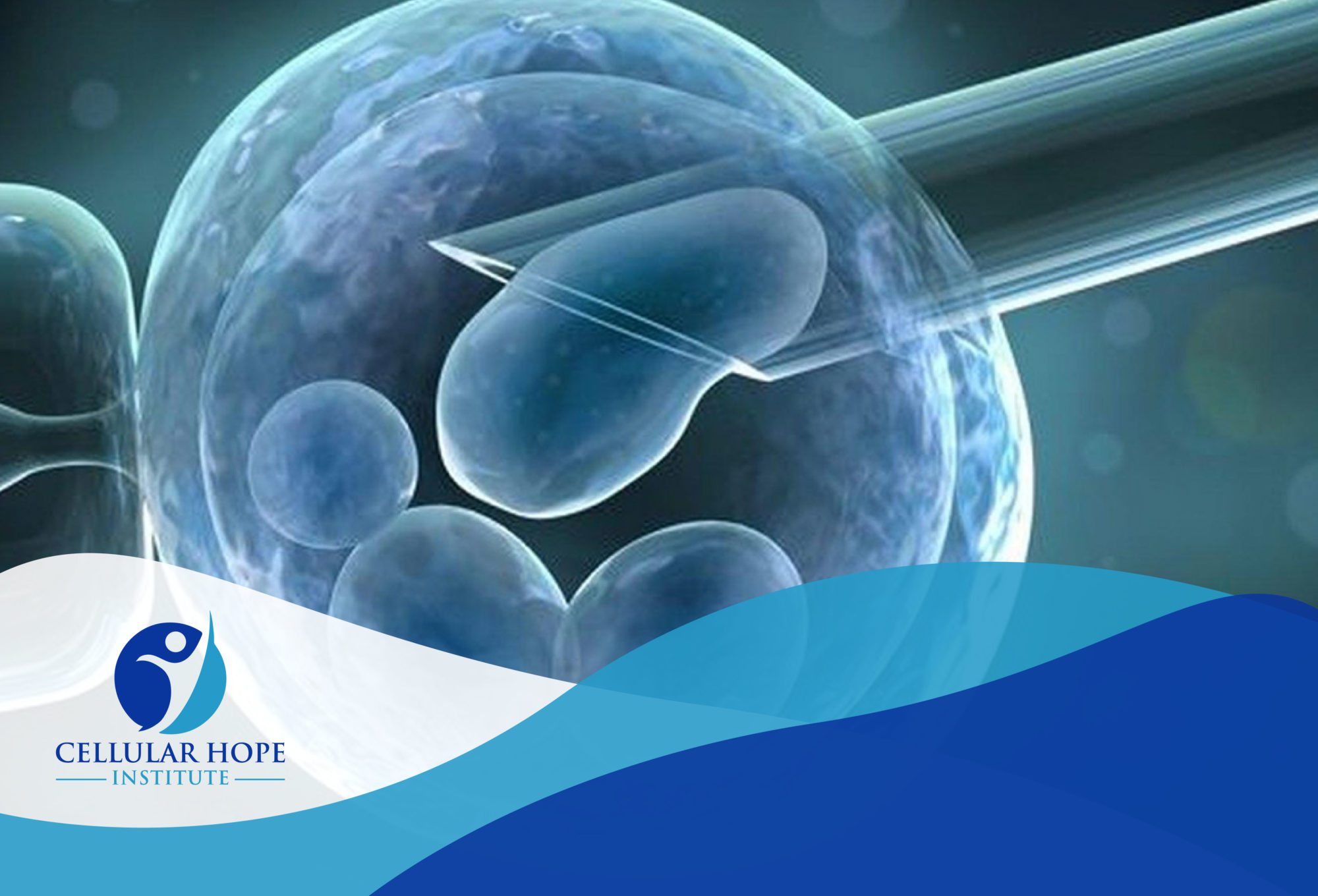Mesenchymal stem/stromal cells (MSCs) are potent stem cells rich in regenerative properties making them a great choice for stem cell therapies and research. Mesenchymal stem cells can be derived from a number of various tissues such as umbilical cords, bone marrow, muscle tissue, breast milk, blood and many more.
While mesenchymal stem cells can be isolated from a variety of tissues, they each have their own properties and differentiation abilities. Even when cells are taken from the same location, say the same sampling of bone marrow, they may be diverse in their developmental properties. This can lead to inconsistent results when used in stem cell therapies as well as causing validity problems in important research. Standardization of processes used to derive and expand mesenchymal stem cells leads to a more potent, high quality, standard stem cell product.
What are Culture Expanded Mesenchymal Cells?
Cultured expanded mesenchymal stem cells are cells that are lab created through a standardized process. MSCs are taken from tissue in a donor’s body and through a specialized process, they are expanded and dedifferentiated. Dedifferentiation is a “reversal” process that makes the cells less specialized so they can perform a more general task.
So What does this mean?
Cultured Expanded Mesenchymal cells that are derived in a lab offer uniformity of the stem cell product. Potency, viability, integrity and uniformity of the cells can be ensured. Stem cell products contain sufficient cell populations and functionality based on what application they will be used for.
This standardized process also helps maintain the validity of research and development studies. Various serums may cause unwanted effects on the stem cells such as stimulation of immune cells, or the introduction of viruses. A controlled environment is crucial to maintaining the validity of important research as well as making studies reproducible. These important studies are impacting the way we treat a variety of diseases and impacting the future of healthcare. Stem cells have a huge potential in treating degenerative diseases, chronic pain, genetic disorders, and musculoskeletal injuries.
A minimization of variations maintains the validity of studies as well as ensures the best stem cell product for use in stem cell therapy. These standardized processes help sustain a homogenous MSC phenotype and stable performance amongst all batches. This means the stem cell product used in the therapy will contain potent cells that are specialized with the necessary components to treat the injured area.
When looking for stem cell therapy, it is important to ensure the clinic uses standardized, regulated stem cell products in their therapies.
At Cellular Hope Institute we have an equipped hospital and specialists in the area, in order to offer you the best cellular product, grown and expanded in our laboratories.


